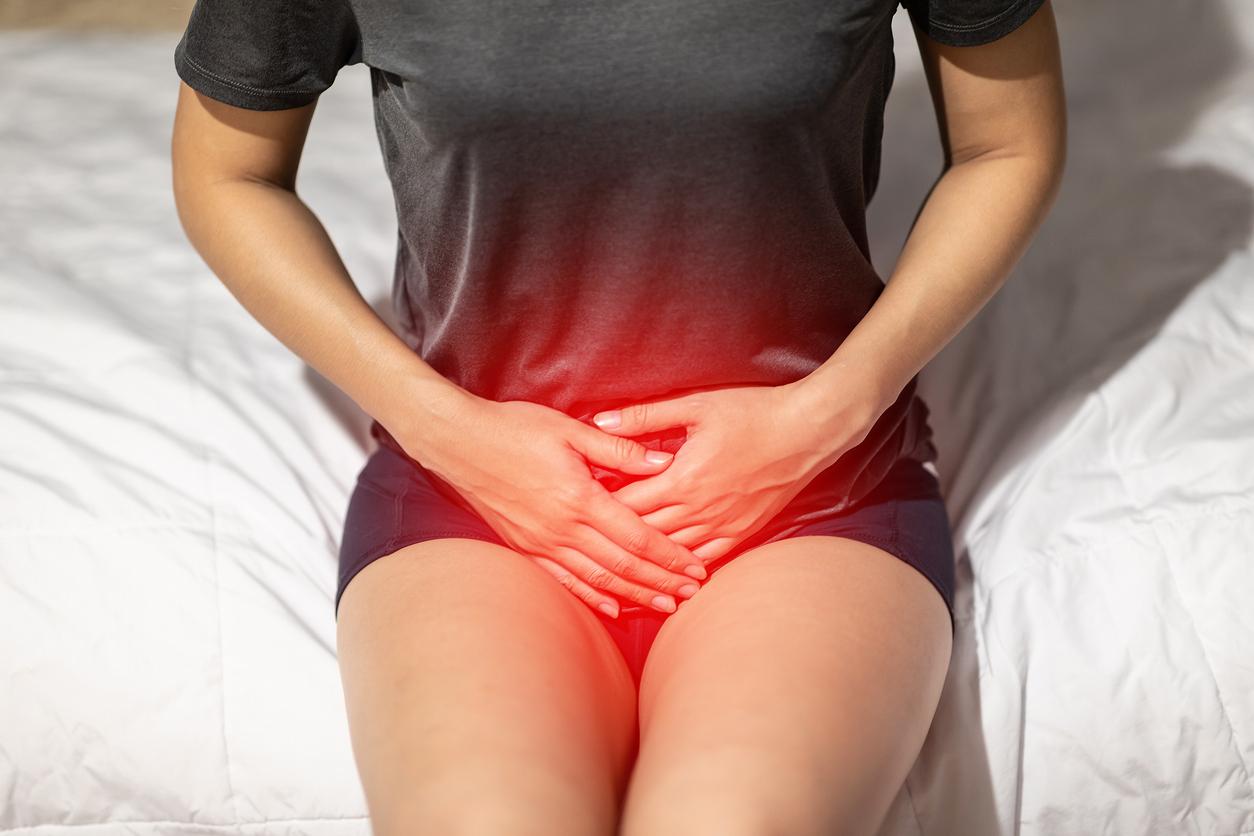Women run a slightly higher risk of having heavier periods after the anti-covid vaccination, according to a new international study.

- The Covid vaccine causes disruptions in the menstrual cycle of women.
- Researchers observed that bleeding increased for 4% of participants in their study.
- Scientists have not investigated the reasons for these changes.
While the link between anti-Covid vaccination and menstrual disorders has been recognized, a new study has looked at the specific question of the amount of menstrual bleeding in women with normal cycles, after a first Covid vaccine. The results were published in the British Journal of Obstetrics and Gynecology.
Covid vaccine increases bleeding in some women
“Menstruation is a common bodily function and a key indicator of overall health. It is therefore essential that we understand the extent of this problem among the world’s population“said Alison Edelman, physician-scientist, one of the study’s lead authors.”The more we know about the reported changes, the more effectively we will be able to advise individuals on what to expect with the Covid-19 vaccine and how to make an informed decision about vaccination.”.
To conduct their research, the scientists analyzed menstrual cycle data from the fertility tracking app Natural Cycles. The cohort included a total of 9,555 people – 7,401 vaccinated and 2,154 unvaccinated – living mainly in the United States, Canada, the United Kingdom and Europe. Participants reported daily bleeding type “spotting“, “light“, “AVERAGE” Or “abundant“.
The researchers then looked at the number of days of heavy bleeding and the total amount of blood. The analyzes showed a slight increase (4%) in the percentage of participants who had heavier bleeding after the first dose of the Covid-19 vaccine, compared to an unvaccinated control group.
Menstrual disorders after anti-Covid vaccination: researchers want to be reassuring
“This difference translates into an estimate of 40 more people for every 1,000 people with a normal cycle who experienced a greater amount of bleeding.”, write the authors who note that these changes generally disappeared by the first menstrual cycle following vaccination.
“Experiencing an unexpected change in your menstrual cycle can be alarming.“, acknowledged Dr. Blair Darney, researcher in reproductive health services at Oregon Health & Science University. But, she insists that these results should not be a cause for concern: “We hope this research can reassure people that they are heard and that their experiences with menstruation are valid. As previous research has shown, these population-level changes are minimal, usually resolve within the post-vaccination cycle, and should not be a source of anxiety or fear.”.
















